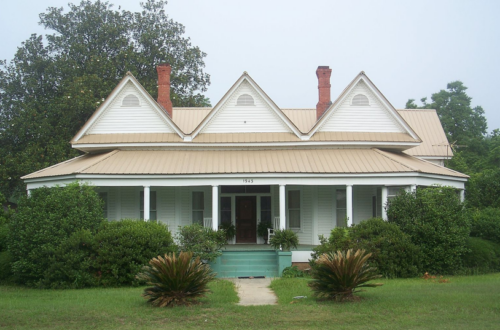A new bill proposed in the Florida Senate seeks to make the selection of college and university presidents a private affair. In doing so, this bill would allow colleges and universities to not be public about the candidates for their open positions.
Senate Judiciary Chairman Jeff Brandes, R-St. Petersburg, introduced this bill in 2021. However, this was not the first time that this bill or bills similar to it have been introduced in Florida. The first of which was attempted by prominent Orlando attorney Charles Gray in 1989. In every decade following this initial attempt, another bill was presented to the Senate.
The specific language of the bill, SB 220, reads: “The Legislature finds that it is a public necessity that any personal identifying information of an applicant for president of a state university or a Florida College System institution be made confidential.”
The proposal of this bill has remained controversial especially given the competitive rankings of Florida universities and their prominent success. This is seen as the University of Florida was named a Top 6 Public University in the nation by U.S. News in their annual publication, in addition to the rise of Florida State University to a Top 19 Public University by the same report.
This sentiment of contentment with the current process is detailed by Rich Templin, director of politics and public policy for the Florida AFL-CIO, when he said: “If we are ranked No. 1 in the nation, what is the need for putting this in the dark? What is the need for cutting people out of this process?”
As this bill has been produced now several times by the Florida Senate, there are already some discussions regarding the negative ramifications of passing this bill.
According to Judith Wilde and James Finkelstein, professors at George Mason University’s Schar School of Policy and Government, “When a board guarantees the absolute protection of a candidate’s privacy, it is at the expense of the other institution’s ability to better plan for succession. Without prior warning, a president might only give a month or two of notice, leaving their current board having to name an interim and scramble to begin the search process.”
By placing limitations on the search process, citizens are concerned that this will limit the inclusivity and fairness of the selection process in addition to the aforementioned concern. Passing SB 220 could potentially lead to individuals being selected and approved behind closed doors. Such is the case for many notable presidents that have been selected for public Florida universities through the current system, such as Trevor Colbourn (University of Central Florida), John Lombardi (University of Florida), and John Thrasher (Florida State University).
Due to the storied history of this bill dating back to the 1980s, it has become highly controversial. In Florida, those in favor of this bill would argue for trying to reduce full transparency whereas others would be more inclined to maintain the success of the status quo.
Featured image: New Arena and Dorms – University of Central Florida Unmodified photo by keone used under a Creative Commons License. (https://bit.ly/3cOVWQ6)
Check out other recent articles from the Florida Political Review here.





